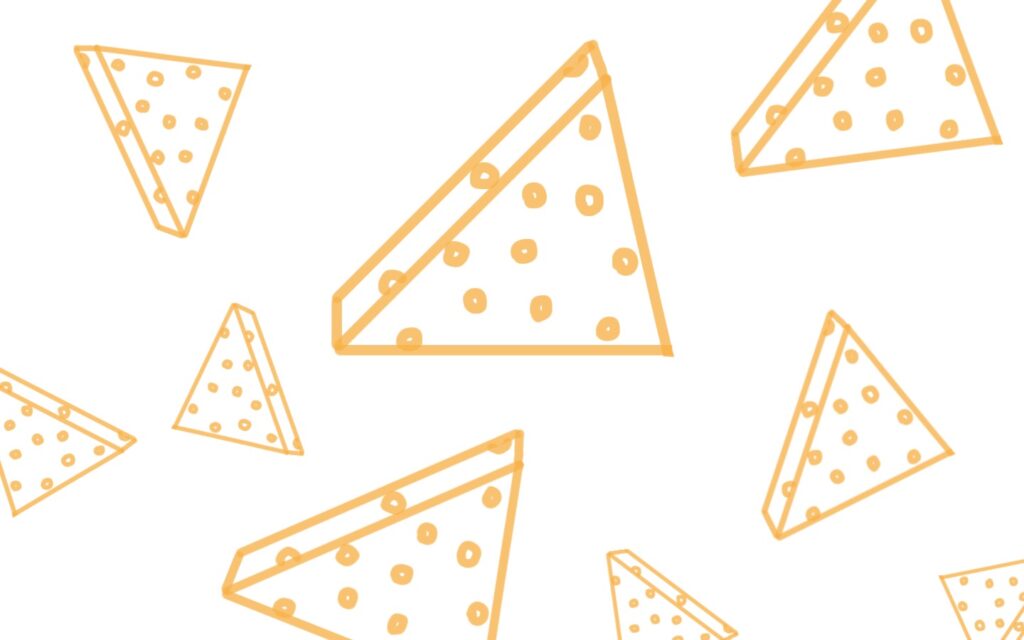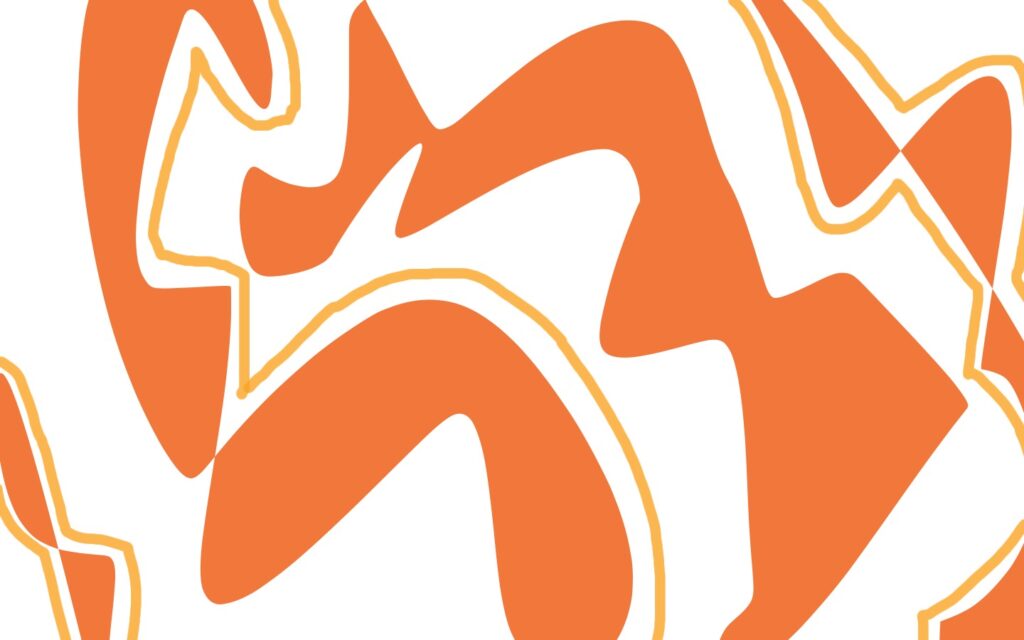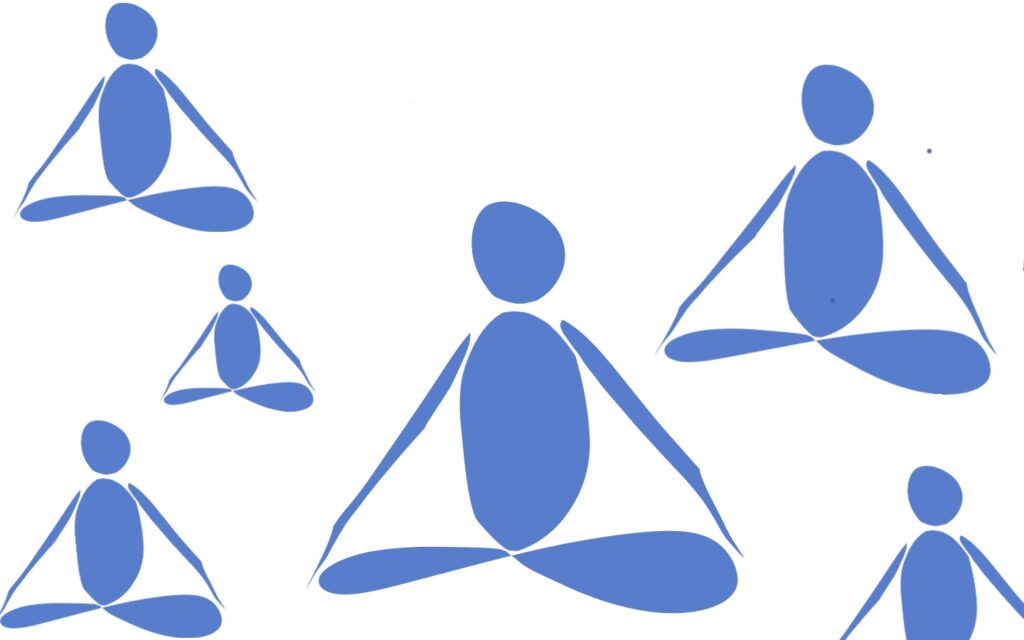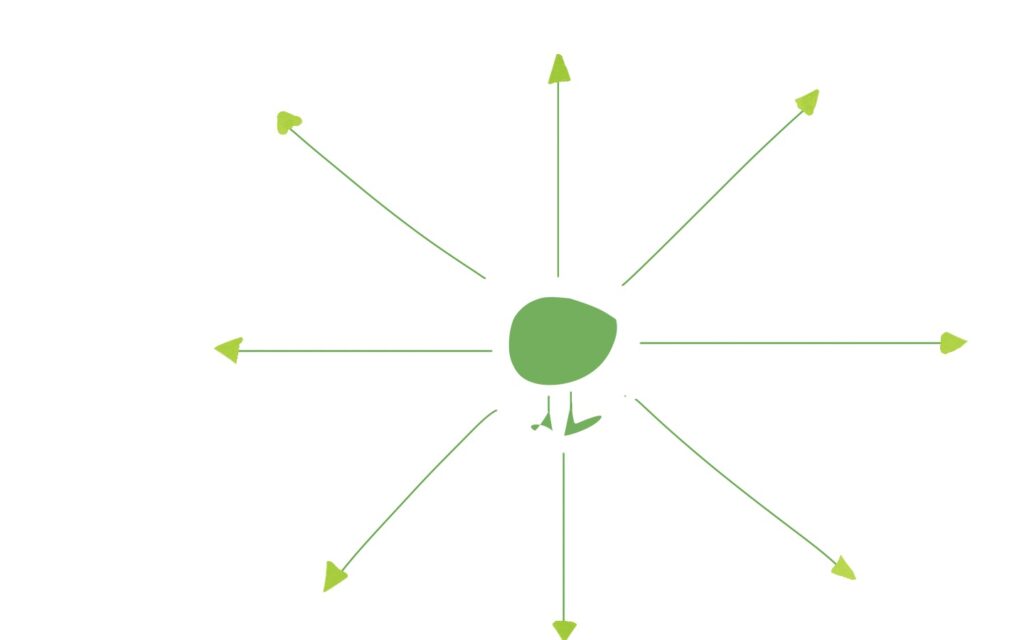Quantity vs. Quality

Getting to live and work with people from all over the country — and even the world — was one of the great things about being an outdoor educator. Interacting with people from so many different backgrounds helped me see different perspectives and taught me many important life lessons. One of these lessons was the difference between quality and quantity.
While I had learned this lesson and applied it to various aspects of my life, it wasn’t until a fellow teacher bought a chunk of cheese that I realized that this philosophy also applies to food. I learned about this cheese on the way back from the grocery store. Since we lived in a remote location, every weekend we carpooled to a nearby town for groceries. On the way home from one such excursion, my fellow teacher announced that she was able to find some good cheese. When none of us seemed impressed, she plucked it out of the grocery bag resting on her lap and showed it to us. One of of my fellow teachers caught a glimpse of the price and almost choked on the water he was drinking. We weren’t making much, and investing so much money in a small block of cheese seemed ridiculous when you could get a couple of huge blocks for the same price.
She didn’t think spending money on high-quality cheese was ridiculous at all. She explained that because this cheese was so good, she didn’t use nearly as much. Therefore, the price didn’t really matter. Most of us were skeptical at first, but as the week wore on we did indeed notice that she was using the cheese sparingly. One night when we were all in the kitchen making our own separate meals, one of my fellow teachers asked if she was even able to taste the cheese on her food. She smiled and offered us each a small bite of what she had prepared. It was delicious and flavorful. It would’ve taken heaps of the cheese I purchased to get a similar effect.
Both quantity and quality are important, but often we often neglect quality in favor of quantity. Anyone who has gotten an overuse injury from repeatedly exercising with poor form, had a restless night’s sleep, or dug through a stuffed closet in an attempt to find something decent to wear knows that more isn’t always better. Sometimes more is just more. Prioritizing quality over quantity can do more than enhance the flavor of a dish — it can enhance your health. If you’re not sure where to start, I encourage you to seek guidance from a health coach or other qualified health professional.
Thanks for reading. I hope you have a safe and healthy week.








